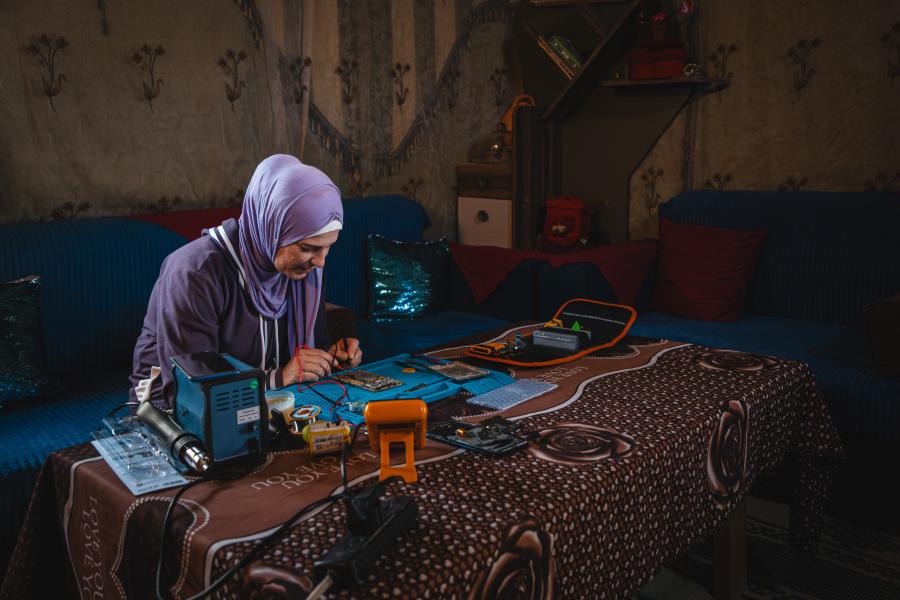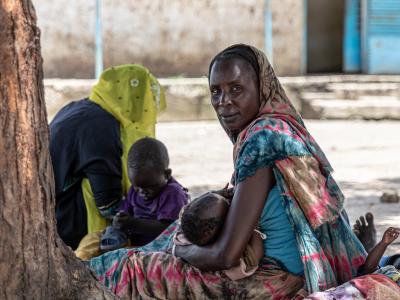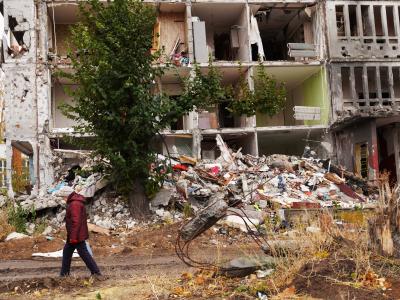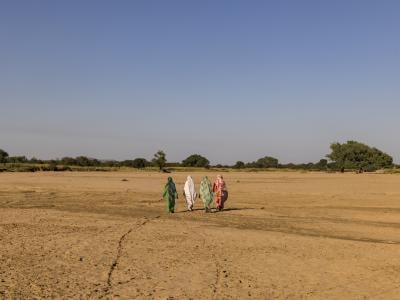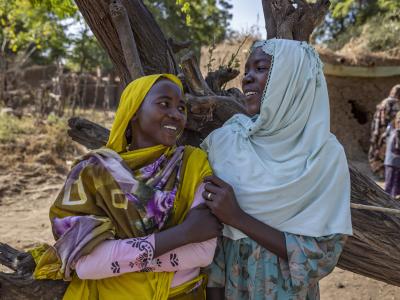Global financial needs amount to $598 million (-4% vs 2024 current budget)
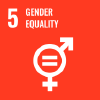
Humanitarian responses often fail to reflect the concerns of forcibly displaced and stateless people, undermining their rights and their agency and potentially putting them at greater risk. In 2025, UNHCR will support hundreds of grassroots organizations and invest in strengthening communication channels. We will carry out more participatory assessments (having involved 130,000 people in assessments in 62 countries in the first half of 2024); promote women’s equal participation, empowerment, digital inclusion and leadership; and seek to enhance the protection, empowerment and inclusion of LGBTIQ+ individuals.
Core Outcome Indicators

Extent participation of displaced and stateless people across programme phases is supported

Proportion of people who have access to safe
feedback and response mechanisms

Proportion of women participating in
leadership/management structures
Core Output Indicators

Number of people consulted through Participatory Assessments*
2024 Mid-year progress: 133,000
*96 country operations reporting

Number of people who used UNHCR-supported feedback & response mechanisms to voice their needs/concerns/feedback*
2024 Mid-year progress: 2.32 million
*96 country operations reporting

Number of people who received protection services*
2024 Mid-year progress: 8.03 million
*84 country operations reporting
Financial overview

Refugee-led Innovation Fund
UNHCR’s Refugee-led Innovation Fund promotes local and refugee-led solutions to the complex challenges that forcibly displaced and stateless communities face. Since its launch in 2022, the Fund has provided $2 million to more than 40 refugee-led organizations in 27 countries.
The Fund reshapes refugees’ participation in humanitarian work, and, by championing locally tailored and locally owned solutions, it helps build sustainable outcomes. As well as meaningful financial support, the Fund offers mentoring, training and networking opportunities, giving the funded organizations a stronger foundation for the future.
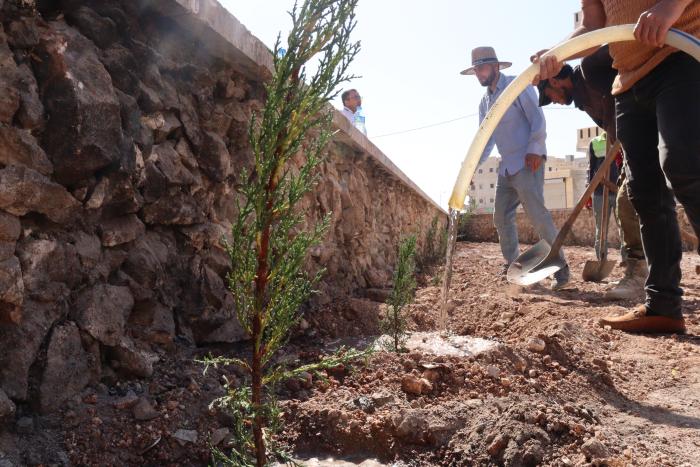
One of the many projects supported in 2024 is a Syrian refugee-led reforestation initiative aiming to boost the mental well-being of displaced and returning Syrians, as well as restoring the environment in the north-west of the country. More than 1,000 refugees, internally displaced people, and host community members have been involved in the project, with more than 500 trees planted. Another project is scaling up the United Kingdom’s first interest-free microfinance initiative for refugee entrepreneurs, as well as providing coaching and membership to strengthen an inclusive funding ecosystem tailored to the needs of refugee founders. More than half of the entrepreneurs supported so far are women, and the project has seen a 95% repayment rate. Meanwhile, an initiative in Ecuador has created a creative and digital hub to promote economic integration and social cohesion. Equipped with 3D printers, sublimation machines, scanners and laptops, the hub has upskilled more than 40 displaced Venezuelans, while entrepreneurs are making use of the space and equipment to pursue their business ideas.
In 2025, the Fund will support a new group of forward-thinking projects that address urgent challenges, strengthening the coordination between donors and these organizations, to unlock greater funding opportunities for local, refugee-driven programming. Inquiries about contributing to the fund can be sent to [email protected].
